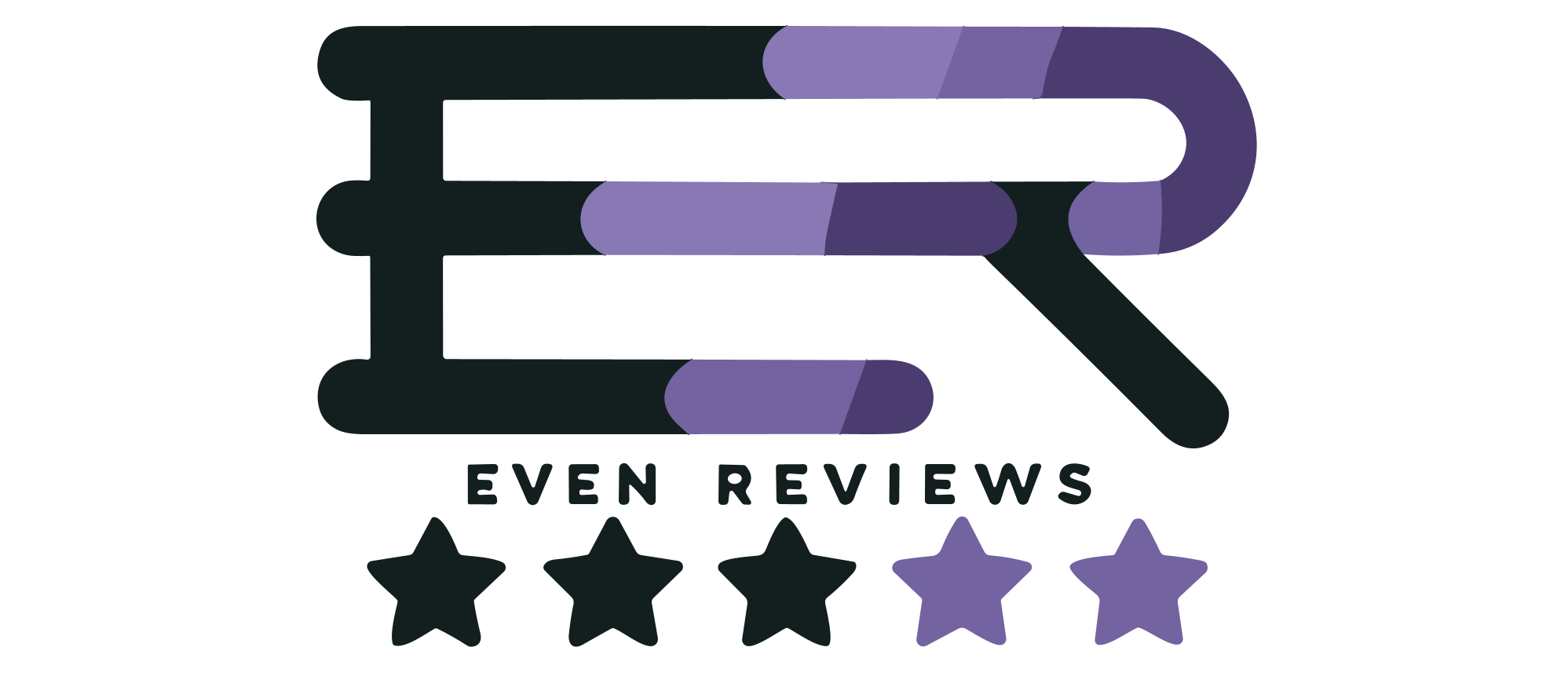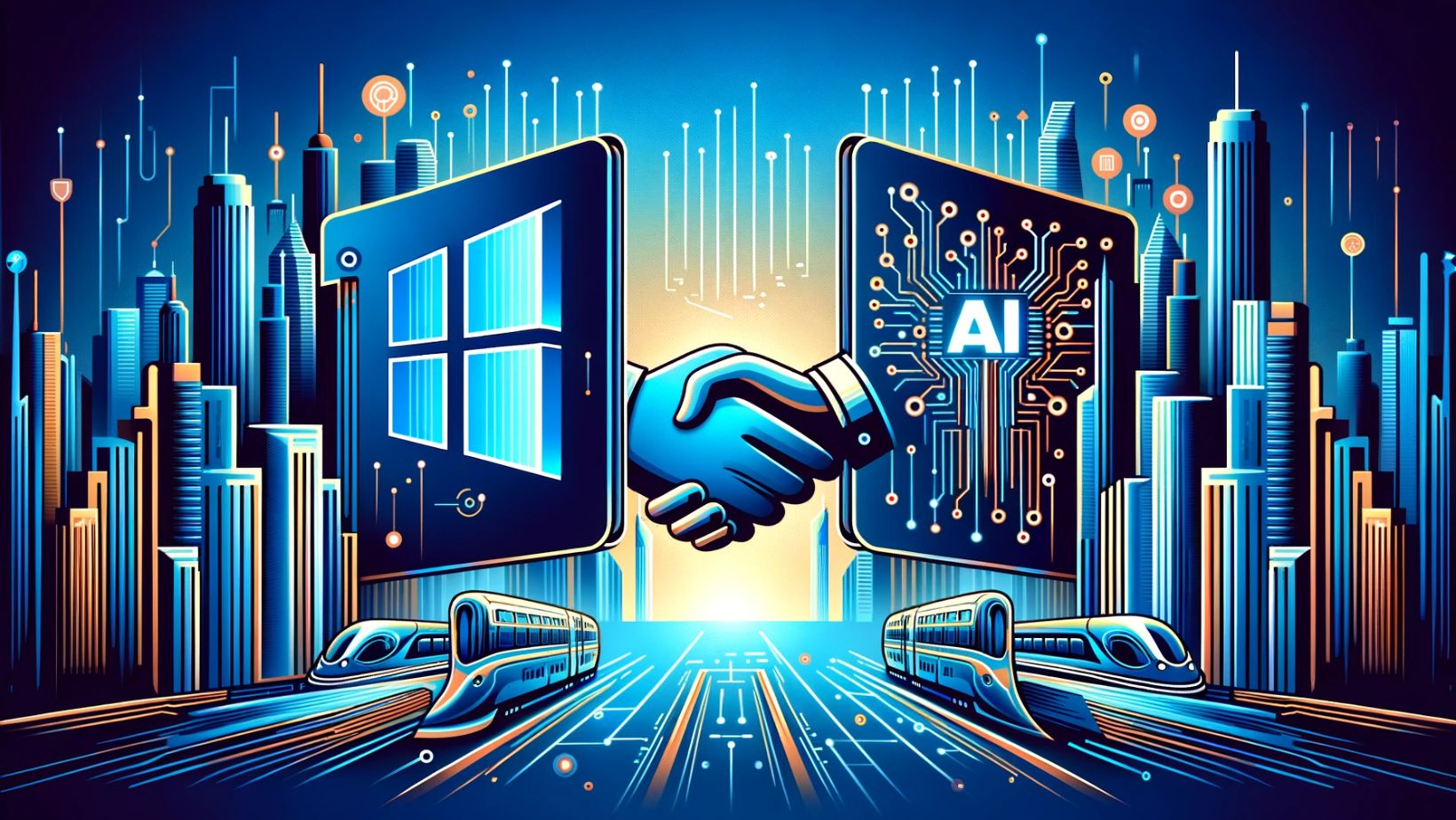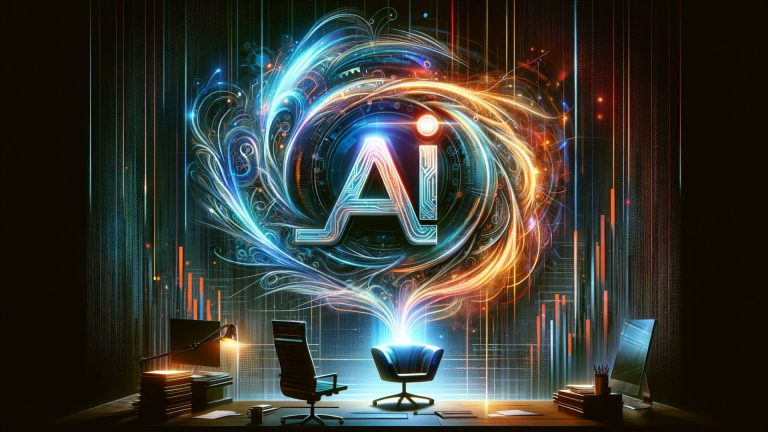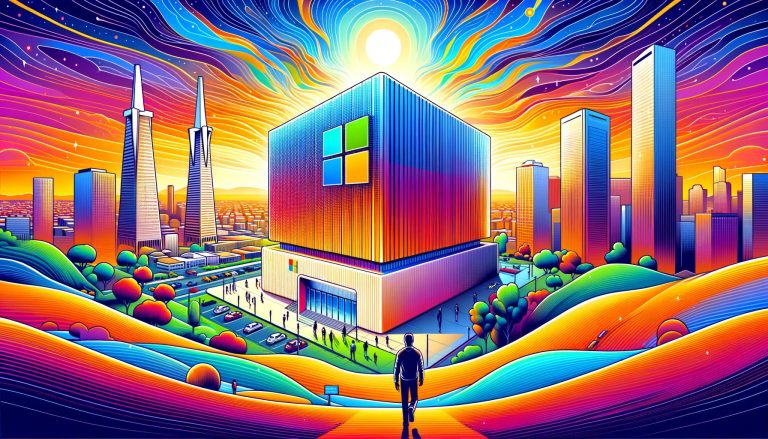Open AI Dev Day 2023: A Recap of the Groundbreaking Announcements
Some of our posts on EvenReviews.com contain affiliate links. If you click on an affiliate link and make a purchase, we may receive a commission. Clicking on an affiliate link that earns a commission does NOT result in additional charges or costs you extra. Earnings from affiliate links help keep this website running. See our full affiliate disclosure here.
OpenAI’s inaugural developer conference, Open AI Dev Day, was held on November 6, 2023, in San Francisco. The event featured major announcements regarding upgrades to existing AI models like ChatGPT, as well as the release of powerful new developer tools and APIs.
Overview of OpenAI Dev Day
Open AI Dev Day marked a milestone for OpenAI, providing the company an opportunity to unveil its latest innovations to a global audience of developers, researchers, businesses, and press.
Key announcements included:
- GPT-4 Turbo: An upgraded version of GPT-4 with an increased context length of up to 128K tokens, expanded knowledge, and reduced pricing. This more powerful model is now live for ChatGPT users.
- Assistants API: A new API that allows developers to build customized AI assistants with specific instructions, outside knowledge, and integration of OpenAI models like DALL-E.
- No Code Tools: New no code tools allow anyone to create customized AI programs just by having a natural conversation, no coding required.
- Copyright Shield: A new initiative offering legal protection and cost coverage for customers facing copyright claims related to the use of OpenAI products.
The conference also featured a fireside chat between Open AI CEO Sam Altman and Microsoft CEO Satya Nadella, discussing their partnership and their shared vision for the future of AI.
Over 2 million developers are already building on OpenAI’s APIs, with adoption growing rapidly. The new tools and capabilities revealed at Open AI Dev Day demonstrate OpenAI’s commitment to placing state-of-the-art AI into the hands of developers, to enable breakthrough innovations across industries.
GPT-4 Turbo – The Next Evolution of OpenAI’s Foundation Model
Arguably the biggest announcement at Open AI Dev Day was GPT-4 Turbo, the latest upgrade to OpenAI’s Foundation Model that powers ChatGPT and many other services.
Key upgrades include:
- 128K Context Length: Up from just 8K previously, the expanded context window allows GPT-4 Turbo to deeply understand conversations and recall pertinent details when formulating responses. This 16x increase in context length greatly improves accuracy and coherence in extended conversations.
- Knowledge Up To April 2023: Continuous learning allows GPT-4 Turbo to stay up to date with the latest world knowledge.
- Lower Pricing: Input and output costs have been reduced by 2-3x, making GPT-4 Turbo more affordable than ever.
GPT-4 Turbo also introduces a new JSON mode to ensure structured JSON responses when interacting with APIs.
The upgrades are now live for all ChatGPT users, allowing consumers to experience the latest AI capabilities immediately. Under the hood, ChatGPT leverages GPT-4 Turbo to enable more natural conversations that stay contextually on-topic over long interactions.
For developers, GPT-4 Turbo provides a powerful foundation model to build upon via OpenAI APIs. The increased context length opens new possibilities for apps that require a deep understanding of historical conversations and data. Lower pricing also reduces the costs of utilizing this state-of-the-art AI.
OpenAI CEO Sam Altman emphasized that GPT-4 Turbo represents only the beginning, with even more capable models set to arrive in 2024 and beyond. The rapid pace of innovation illustrates why so many leading companies partner with Open AI to stay at the frontier of artificial intelligence.
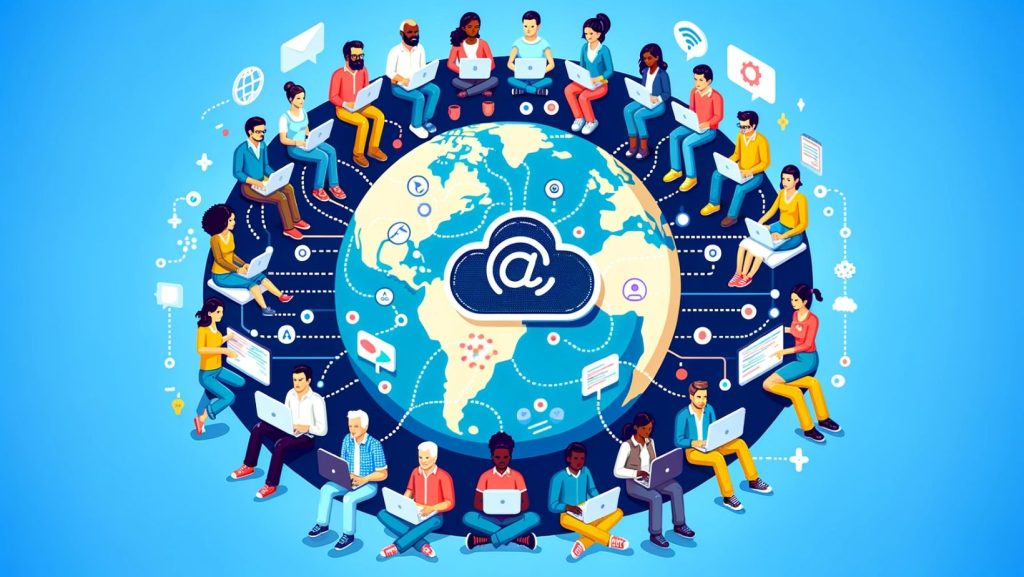
Assistants API – Custom AI Agents for Developers
Among the most exciting announcements at Open AI Dev Day was the launch of the new Assistants API currently in beta.
This API allows developers to build customized AI assistants tailored to their specific use cases. Key capabilities include:
- Personalized Instructions: Assistants can be programmed with custom instructions unique to each app.
- External Knowledge: Information provided by developers, such as product specs or company data, can be incorporated to enhance assistant knowledge.
- Function Calling: Assistants can invoke programming functions defined by developers, enabling robust back-and-forth interactions.
- OpenAI Model Integration: Seamlessly tap into models like DALL-E for image generation without having to make separate API calls.
Under the hood, assistants are powered by OpenAI’s Codex technology that interprets natural language, writes code, runs computations, and more.
The Assistants API opens the door to virtually endless AI use cases:
- Code assistants that provide context-aware coding help and explanations
- Customer service bots with knowledge of services and policies
- Shopping assistants that can recommend products based on preferences
- Travel planners that customize trips leveraging past bookings
And many other possibilities based on each developer’s specific needs and imagination.
Persistent memory and conversational context are key to creating truly intelligent assistants. The Assistants API handles these complexities on behalf of developers, while providing the flexibility to inject custom logic, knowledge, and behaviors.
No Code Tools – AI Development For Everyone
OpenAI also unveiled new no-code tools that allow anyone to build customized AI applications by simply having a natural conversation.
For instance, during the keynote OpenAI CEO Sam Altman demonstrated creating a startup advisor chatbot from scratch without writing any code whatsoever.
The key advantage of no-code AI development is accessibility. Programming skills are not required. The process is as simple as:
- Describing the purpose of your AI assistant
- Providing examples of desired behavior
- Answering clarifying questions prompted by the AI
- Testing and iterating until the assistant meets expectations
This process allows subject matter experts and business users beyond just technical roles to create AI solutions tailored to their needs.
Democratizing AI development will likely lead to novel use cases and applications, now that domain expertise alone is enough to build capable assistants and chatbots. Even seasoned developers can prototype and experiment more efficiently using natural language interaction.
Looking ahead, expect no code AI development platforms to empower startups and businesses of all sizes to gain a competitive advantage with custom artificial intelligence capabilities.
Copyright Shield – Protecting Customers From Legal Risks
With rapidly expanding adoption of large language models like GPT-3 and GPT-4, the issue of copyright infringement has become a major concern across the AI industry.
To alleviate this legal risk for customers, OpenAI announced Copyright Shield – a new initiative offering customers robust protection including:
- Legal defense of customers facing copyright claims related to the use of OpenAI products
- Absorbing all costs incurred, so customers do not pay anything even if they lose a case
- Applies to both ChatGPT Enterprise and OpenAI API usage
This is hugely impactful for developers and companies who want to deploy AI without worrying about potential lawsuits down the road. OpenAI CEO Sam Altman stressed that their models are not trained on customer data or OpenAI API usage, making them highly confident in taking on this liability.
Having a trusted partner in OpenAI that “has your back” when it comes to murky legal issues surrounding copyright provides peace of mind for customers adopting AI. Developers can operate with clearer consciences knowing OpenAI will fend off any specious claims that arise.
With this initiative, OpenAI continues leading by example in responsibly shaping the future of artificial intelligence technology. Providing both powerful capabilities and legal protection makes OpenAI’s offerings highly appealing for any organization pursuing AI.
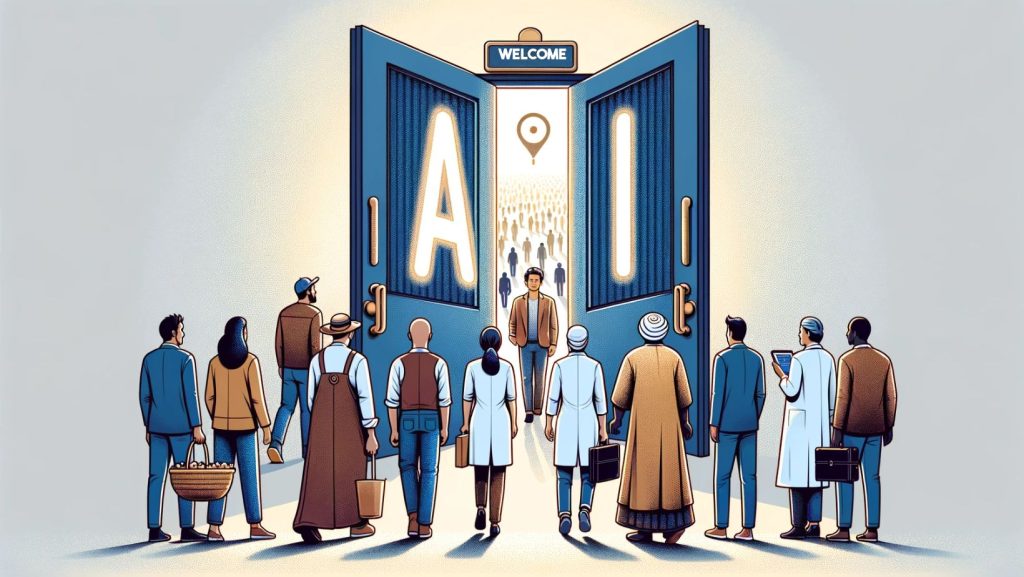
Fireside Chat – Microsoft’s Satya Nadella On the OpenAI Partnership
A highlight of Open AI Dev Day was an insightful fireside chat between OpenAI CEO Sam Altman and special guest Microsoft CEO Satya Nadella.
Key themes discussed include:
- Microsoft’s cloud and infrastructure investments: Microsoft aims to provide OpenAI with the most advanced computing capabilities to develop next-generation AI models.
- Shared vision and values: Microsoft and OpenAI both see democratizing AI as key to empowering individuals and organizations. Their partnership reflects this aligned philosophy.
- Developer focus: Microsoft’s heritage serving developers pairs perfectly with OpenAI’s API-first approach to serve both techies and non-technical users.
- The path to AGI: Sam Altman expressed his bold aspiration to achieve artificial general intelligence (AGI), predicting capabilities in 2024 that make today’s models appear basic. Microsoft’s support accelerates this trajectory.
Nadella summarized that Microsoft views AI as a new computing platform, and partnering with OpenAI provides the best opportunity to shape it responsibly for the world’s benefit.
This degree of endorsement from the Microsoft CEO underscores the immense confidence in and potential of OpenAI’s technology. The two organizations are clearly united and mutually committed to advancing AI that creates positive impacts.
Why Open AI Dev Day Matters
Stepping back, the first-ever Open AI Dev Day marked a major milestone for democratizing access to the most powerful AI models in the world.
The new tools reveal OpenAI’s strategy centered on developers. By empowering developers, they propagate state-of-the-art AI throughout the software ecosystem, allowing every organization to become “AI-first”.
Some key takeaways:
- Business trust OpenAI: With 92% of the Fortune 500 working with OpenAI, they are clearly the trusted partner for enterprise adoption of AI.
- Innovation pace is staggering: The rate of advancement from GPT-3 to GPT-4 to now GPT-4 Turbo shows the exponential curve of progress in deep learning.
- Customization is the future: With APIs and no code tools, businesses can fine-tune AI for their specific needs rather than settle for one-size-fits-all solutions.
- Legal risks are addressed: Copyright Shield provides peace of mind for companies deploying AI without fear of lawsuits.
Perhaps most importantly, Open AI Dev Day showcased an organization 100% committed to developer success. Between the technical announcements and Microsoft partnership, developers have every reason to feel confident building the next generation of artificial intelligence applications on OpenAI’s platform.
The presentations made clear that we are only scratching the surface of AI’s potential. OpenAI will continue rapidly iterating to turn sci-fi capabilities like AGI into reality. Given the tremendous business and societal benefits, all signs point to OpenAI spearheading the next major computing revolution.
